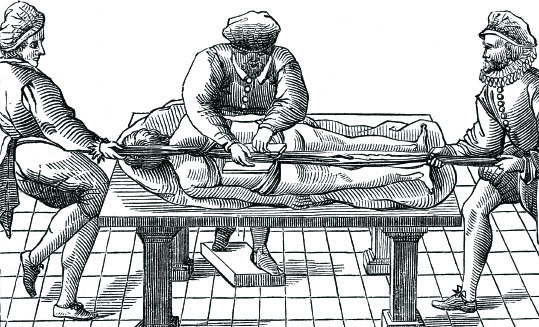Chiropractic therapy may be paid for under the National Disability Insurance Scheme in future
Chiropractic therapy may be paid for under the National Disability Insurance Scheme in future, following a decision by the Administrative Appeals Tribunal.
The landmark decision by the tribunal, recently revealed in documents obtained
by The Australian newspaper under Freedom of Information laws, has broad implications for which therapies will be funded under the NDIS.
The case involved a patient, Kylie McCutcheon, who claimed she had been confined to a wheelchair because NDIS had not paid for chiropractic therapy, which would have relieved her back pain.
The tribunal found chiropractic therapy was covered under the existing legislation in Ms McCutcheon’s case, as it was likely help her maintain mobility and functioning.
Under current legislation, the chief executive of the NDIS is obliged to consider whether a treatment for a person is “effective” and in line with “current
good practice”.
However, there are no specific guidelines as to what counts as good practice and there are no restrictions governing the types of evidence which can be put to NDIS.
During the tribunal, an expert rehabilitation physician gave evidence in support of Ms McCutcheon, arguing that chiropractic therapy helped her maintain mobility.
However, the expert questioned, “how much this was attributable to the psychological effect of (her) faith in the treatment’’.
The Independent Advisory Council, which advises the NDIS Board, has noted that the decision means chiropractic therapy could be classified as reasonable and necessary treatment, and be paid for by NDIS.
In a submission to an independent review of the NDIS legislation last year, the council requested changes to the scheme’s rules to clarify which treatments fall under the scheme.
Meanwhile, chiropractic therapy courted controversy again last month when a story broke of a Melbourne chiropractor treating a newborn.
Chiropractor Ian Rossborough was featured in a YouTube video manipulating the spine of four-day old, premature baby for “colic and reflux”.
Orthopedic surgeon John Cunningham said cracking a baby’s back carried significant risks of harm, including fracture.
“There’s not many things that make an orthopedic surgeon emotional, but when you see a premature baby having its back cracked, it literally makes my eyes water,” he told the ABC Radio National Program, Background Briefing.
Meanwhile, the Chiropractors Association of Australia has come under fire for publishing ads in its newsletter for chiropractic courses focusing on treating babies.
This has prompted the regulators, Chiropractic Board of Australia and AHPRA, to issue a statement threatening to prosecute chiropractors who breached their legal obligations and refused to correct their advertising.


